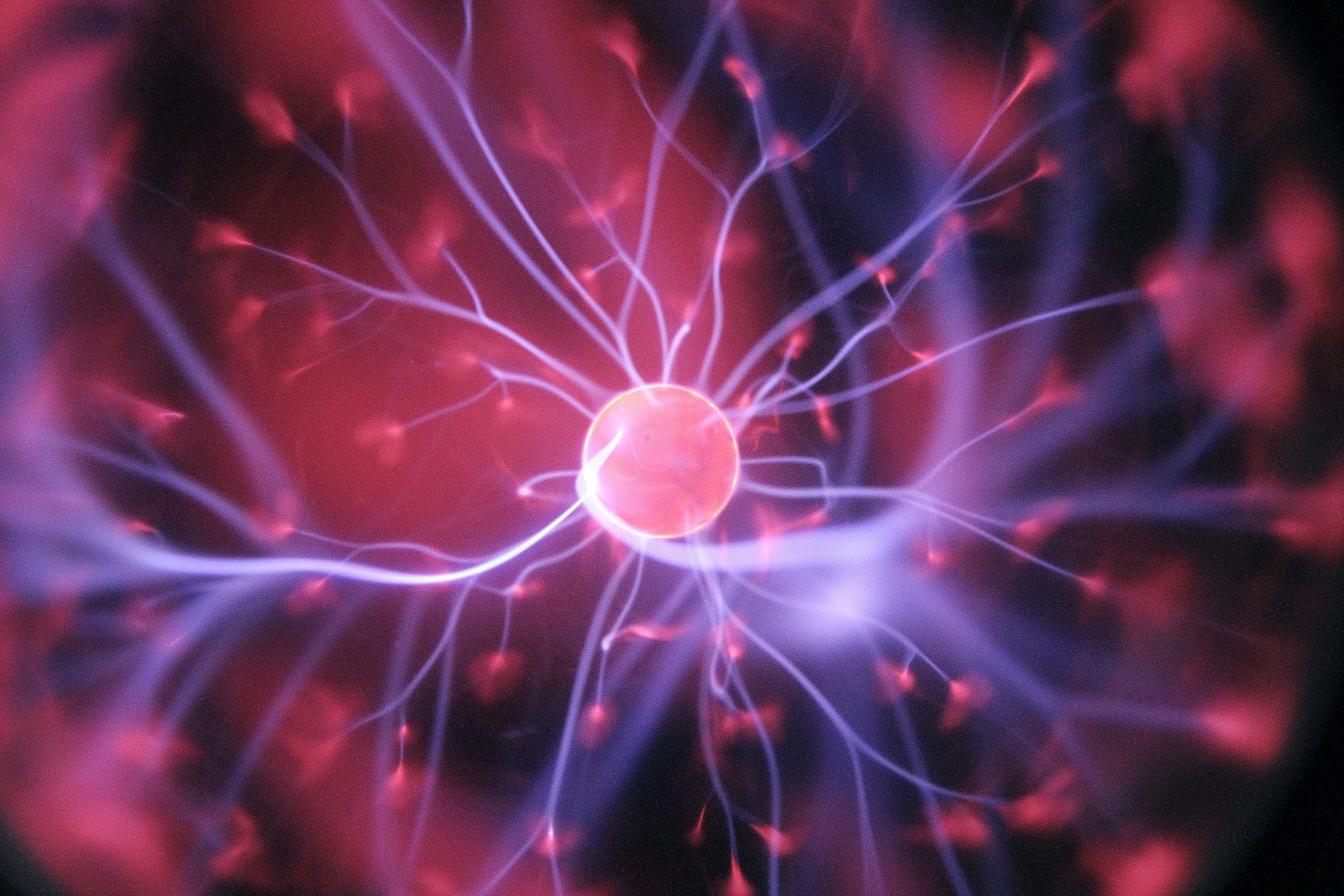AI technology can provide early detection of disease

The global artificial intelligence healthcare market is set for substantial growth over the next few years. A record $2.5 billion was raised in AI healthcare startups at the start of 2021, according to CB Insights. US national healthcare expenditure is estimated to rise to $6.2 trillion in 2028. Alzheimer’s disease cost the nation $355 billion in 2021, according to the Alzheimer’s Association. That figure is set to grow as more Americans over 65 develop the disease. Developments in AI technology that provides early and accurate diagnosis and treatments is also growing. In the UK, the government has pledged £375 million into research on neurodegenerative diseases such as dementia to tackle the prediction of one million people living with dementia by 2025.
The market growth of AI in healthcare is fueled by multiple applications such as surgery procedures, mental health practices, healthcare imaging and diagnostics, inpatient care and hospital management, lifestyle management, virtual assistants, patient data, and risk analysis. AI has infiltrated all health departments and despite warnings about the risk of job losses, a greater skilled workforce is needed that combines skills and expertise in data analysis, science, and technology.
Artificial intelligence is being utilized in exciting and innovative ways and it does it in an efficient and accurate way. For instance, AI can detect dementia early by analyzing data sets using machine learning that automates computer analysis by identifying patterns. By analyzing patent health information it can detect patterns of dementia signs and make diagnoses accordingly. As an ex-carer, I was introduced to the application of person-centered care. My mother was diagnosed with Alzheimer’s disease and her care package was put together by experts rather than AI analysis. I didn’t see the expert opinion without the help of AI as particularly person-centered. If my mother was playing up with her visiting carer or at her day center, the prescription was always more drugs and this infuriated me and was one of the reasons I kept her at home instead of a care home where she would possibly be comatose all day with drugs. None of the experts seemed to take into account that she was deaf and she struggled with her hearing aide. To communicate her feelings, she would scream or hit out because she had lost the ability to talk and she couldn’t be reasoned with because she couldn’t hear. Would AI make any difference to this kind of care or are the failings down to a wider problem in funding cuts and carer staff shortages which no amount of AI will improve?
My work as a Public Advisor fosters collaboration and a people-centered approach to research, development, and community healthcare. AI can seamlessly integrate into workflow and systems to cut bureaucracy and focus on patient care. AI can analyze large amounts of data with speed and efficiency that can detect problems and help inform decisions and direct person-centered care.
While there is still no cure for dementia despite a third of the population developing symptoms as they grow older, do we want to know if this grim prospect is knocking on our door or live life obliviously?
Ginger Liu is the founder of Ginger Media & Entertainment, a Ph.D. practice research student in photography and artificial intelligence, journalist and author,artist, and filmmaker.






